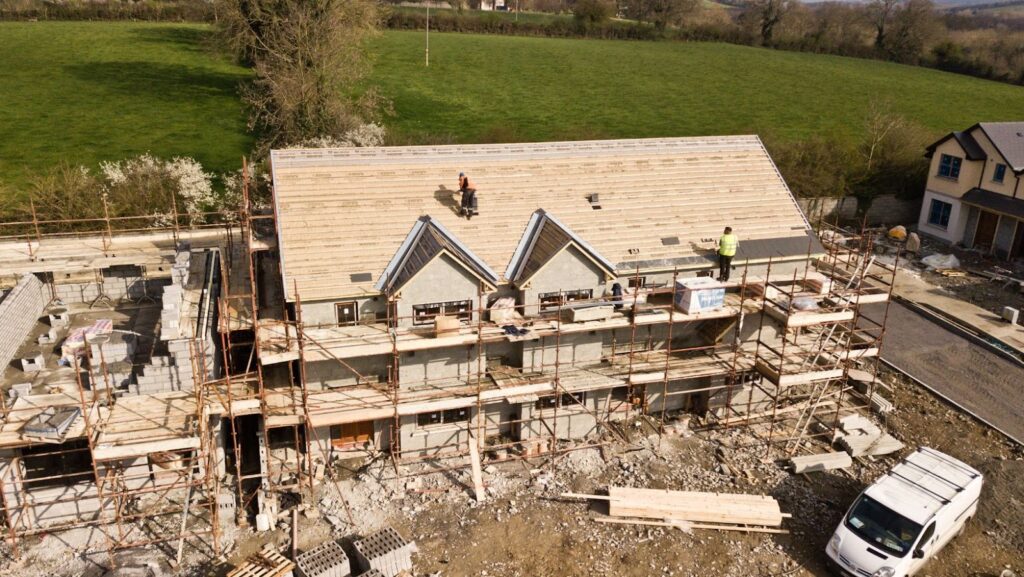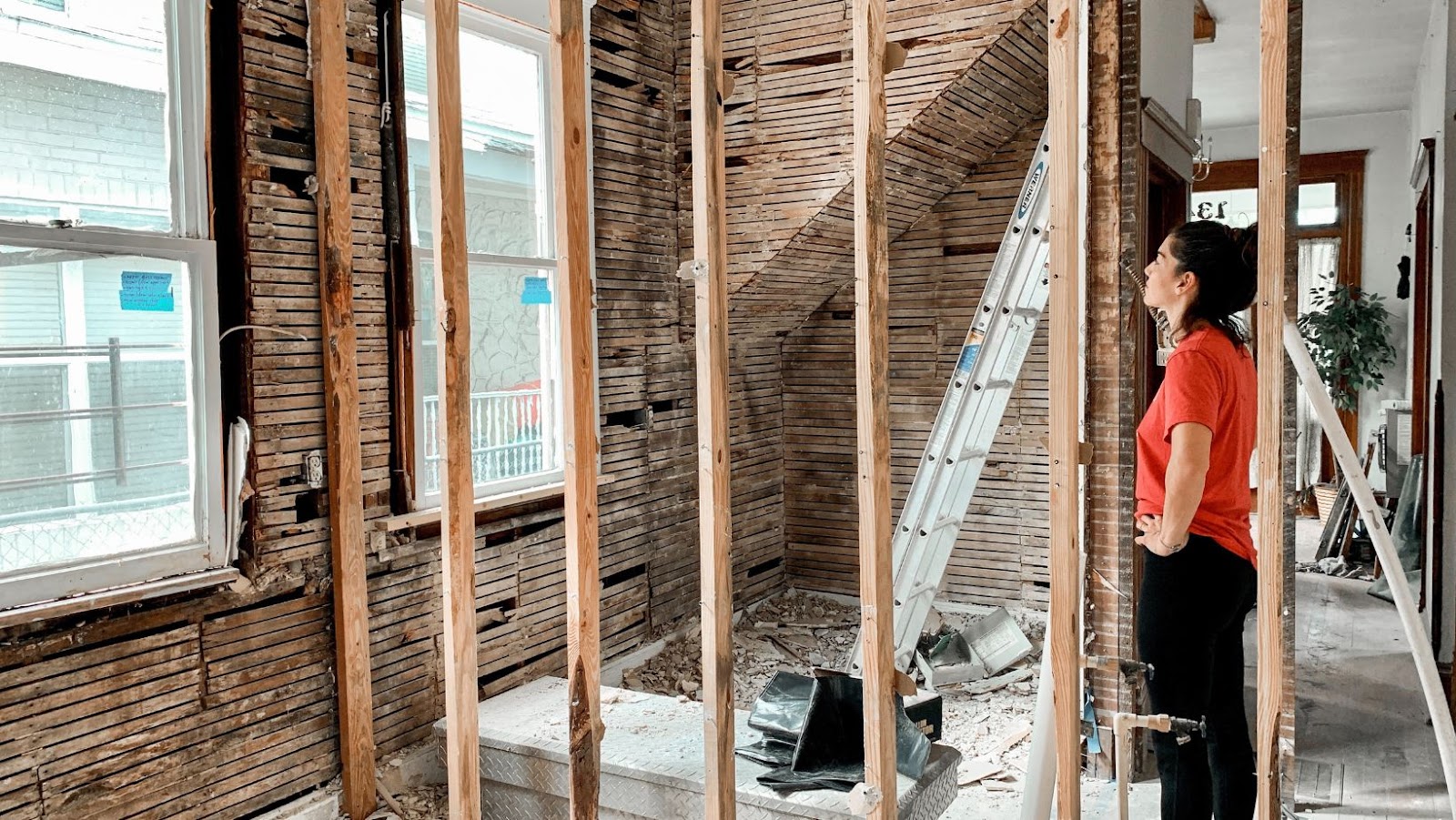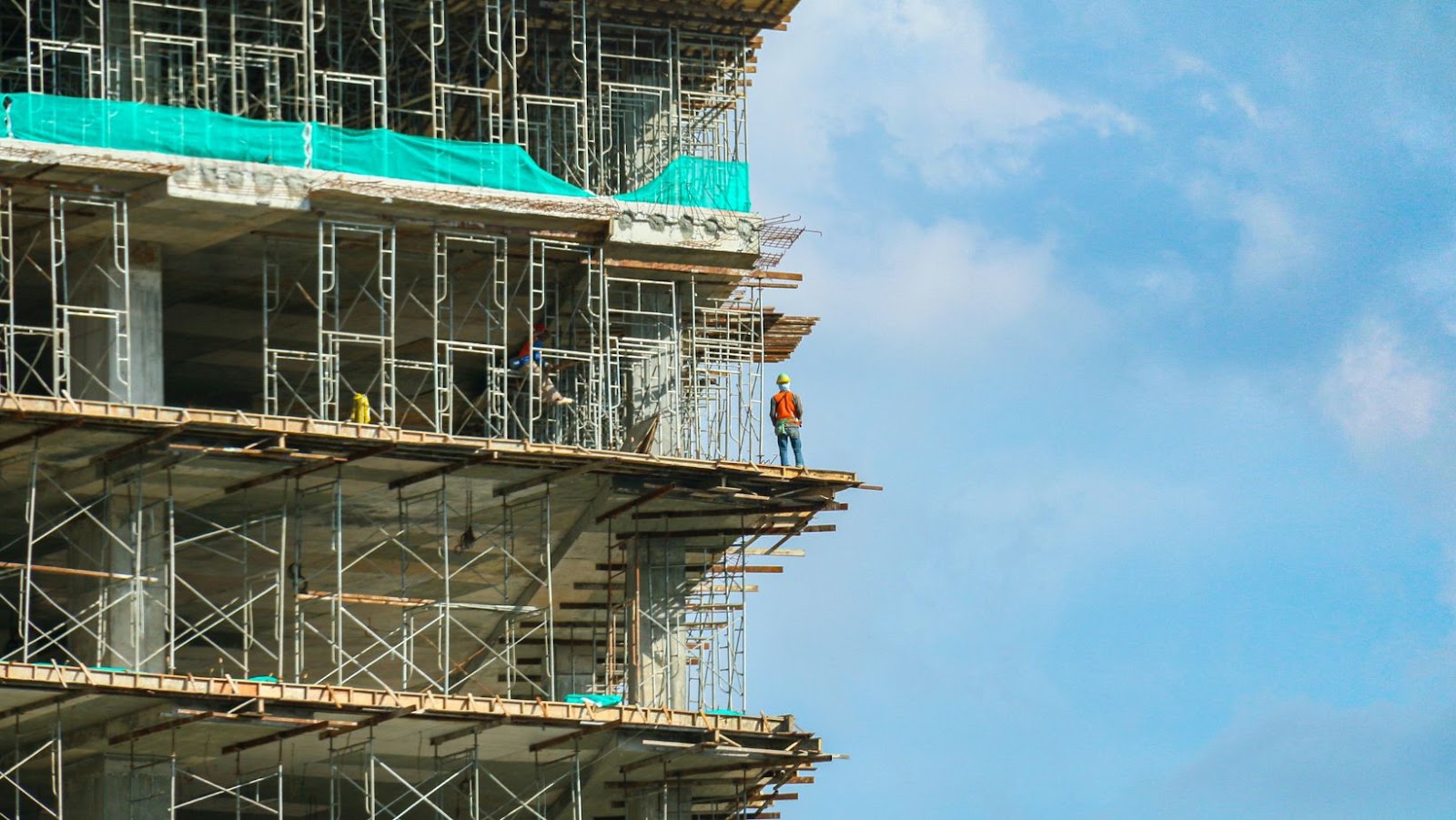Insulation For New Construction: What You Need to Know in South Carolina

Are you looking to build a new home in South Carolina but need help determining what insulation you need? Insulation is essential for any house; it is vital for the comfort, efficiency, and cost savings associated with running and maintaining your property. In this blog post, we will cover the various types of insulation that could benefit your new home construction in South Carolina.
For professional guidance and supplies, you can explore https://readysetsupplied.co.uk/, a trusted resource for insulation and building solutions.
Overview of Insulation Requirements in South Carolina
South Carolina can be hot and humid, and it’s essential to insulate your home against the elements correctly. Insulation requirements in this Southern state are designed to keep buildings energy-efficient and comfortable all year round. While the specific requirements for your home will depend on your location, size, and building type, there are some general guidelines to keep in mind.
For example, all residential attics must be insulated to a minimum of R-30, while exterior wall insulation must have a minimum R-value of 13 in most areas of the state. Working with insulation experts can guarantee that your home meets these guidelines, allowing you to stay cool in the summer and warm in the winter.
Types of Insulation to Consider
If you’re looking to improve your home’s energy efficiency, insulation is worth considering. Several types of insulation are available, each with unique benefits and drawbacks.
#1. Fiberglass
Fiberglass insulation is the most common type of insulation used in homes. It’s an affordable, effective option that a professional contractor can easily install. It’s also one of the quickest and easiest materials to install because it comes in pre-cut pieces and can be fit into tight spaces without much effort. Fiberglass insulation is designed to resist heat and cold, effectively regulating your home’s temperature. It also does not absorb moisture, making it a good choice for damp environments.
#2. Cellulose
Cellulose insulation is another popular option in South Carolina due to its affordability and relatively easy installation. It is made from recycled paper products, making it an environmentally friendly option. Cellulose does not absorb moisture, so it is a good choice for wet climates.

However, cellulose insulation can quickly settle over time, reducing its effectiveness as an insulation material. It also has a higher risk of fire than other types of insulation, so it is essential to work with a professional contractor when installing it.
#3. Spray Foam
Spray foam insulation is a popular choice for homes built in South Carolina due to its superior energy efficiency. This type of insulation expands and fills the space in which it is installed, creating an airtight seal that helps regulate your home’s temperature. It also resists heat, cold, and moisture, which is ideal for damp climates.
However, spray foam insulation can be more expensive than other types of insulation and is best installed by a professional contractor such as iFoam Columbia in South Carolina. A professional can ensure that the insulation is installed correctly and safely.
#4. Radiant Barriers
Radiant barriers are a type of insulation that reflects heat away from the home. They are installed on the roof and in attics, where they can help keep your home cooler in hot weather. Radiant barriers also reduce the cost of cooling your home in the summer months, making them an excellent investment for energy efficiency.
#5. Insulation Blankets
Insulation blankets are another type of insulation that can be used in homes. They are typically made of lightweight, flexible materials such as fiberglass or plastic and are designed to fit tightly around the walls and ceiling of your home. This allows them to resist heat transfer and cool your home in hot weather.
Benefits of Proper Insulation For New Construction
Proper insulation is a critical component of any new construction. Whether it’s a residential home or a commercial building, insulation is fundamental in ensuring comfort, energy efficiency, and environmental sustainability. Using high-quality insulation materials, builders can create an airtight seal that helps prevent unwanted heat loss and gain, thus reducing energy consumption and lowering energy bills.
Additionally, adequate insulation can improve indoor air quality, reduce noise levels, and provide a healthier and more comfortable environment for building occupants. So, when designing a new construction project, it’s important to prioritize proper insulation to reap its many benefits.
Tips For Selecting The Right Insulation For Your Home
Choosing the proper insulation for your home is crucial for maintaining optimal comfort and energy efficiency. There are several factors to consider, such as the climate in your area, the type of insulation material, and the R-value. One of the best ways to determine the most suitable insulation for your home is to consult a professional insulation contractor. They can assess your home and recommend the most appropriate insulation based on your budget and preference.

Moreover, it is essential to choose insulation that is fire-resistant, pest-resistant, and easy to install. With the proper insulation, you can enjoy a warmer home during winter and cooler temperatures during summer while reducing your energy bills and supporting the environment.
Final Thoughts
Insulation is essential for any new construction project, there are several options available, ranging from spray foam to radiant barriers and insulation blankets. Consult with a professional contractor for the best results.

 5 Canadian Real Estate Apps That Give You More Than Just MLS Listings
5 Canadian Real Estate Apps That Give You More Than Just MLS Listings  Understanding the Demand for Exclusive Waterfront Living in Dubai
Understanding the Demand for Exclusive Waterfront Living in Dubai  5 Questions to Ask Before Hiring a Roofing Contractor in Charlotte
5 Questions to Ask Before Hiring a Roofing Contractor in Charlotte